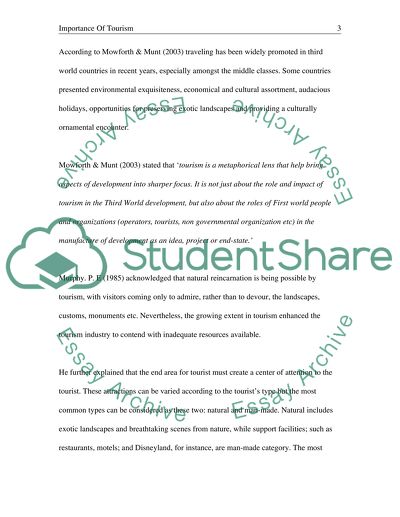Cite this document
(Tourism Is All Too Important to Be Left to National Governments Alone Research Paper, n.d.)
Tourism Is All Too Important to Be Left to National Governments Alone Research Paper. Retrieved from https://studentshare.org/tourism/1565405-tourism-is-all-too-important-to-be-left-to-national-governments-alone
Tourism Is All Too Important to Be Left to National Governments Alone Research Paper. Retrieved from https://studentshare.org/tourism/1565405-tourism-is-all-too-important-to-be-left-to-national-governments-alone
(Tourism Is All Too Important to Be Left to National Governments Alone Research Paper)
Tourism Is All Too Important to Be Left to National Governments Alone Research Paper. https://studentshare.org/tourism/1565405-tourism-is-all-too-important-to-be-left-to-national-governments-alone.
Tourism Is All Too Important to Be Left to National Governments Alone Research Paper. https://studentshare.org/tourism/1565405-tourism-is-all-too-important-to-be-left-to-national-governments-alone.
“Tourism Is All Too Important to Be Left to National Governments Alone Research Paper”, n.d. https://studentshare.org/tourism/1565405-tourism-is-all-too-important-to-be-left-to-national-governments-alone.


